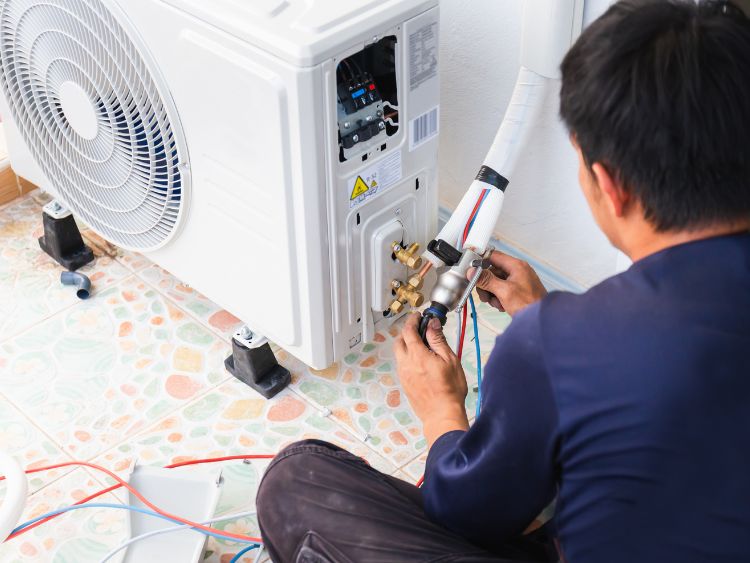Entering the HVAC (Heating, Ventilation, and Air Conditioning) field as an installer is a career path that offers job stability, potential for growth, and the satisfaction of providing essential services to homes and businesses. This guide will walk you through the necessary steps to begin your career as an HVAC installer, including education, training, certifications certification, and more.
The first step towards becoming an HVAC installer is to obtain a high school diploma or GED. This foundational education is crucial as it often contains basic knowledge of mathematics, science, and reading comprehension that is essential in the field. Following this, aspiring HVAC installers are encouraged to enroll in technical or vocational schools offering specialized training in HVAC systems. These programs provide both theoretical knowledge and practical skills necessary for the profession.
After completing an educational program, hands-on experience is next. Many enter HVAC installer jobs through apprenticeship programs, which typically last between 3 to 5 years. These programs, often found through local trade unions or professional HVAC associations, blend classroom instruction with on-the-job training under the guidance of experienced professionals.
Certification plays a pivotal role in the HVAC industry. While specific requirements can vary by state, obtaining certification from recognized bodies such as the Environmental Protection Agency (EPA) for refrigerant handling is universally required. Additional certifications that showcase your skills and knowledge in the field can make you more attractive to employers. These can include credentials from organizations like North American Technician Excellence (NATE) or HVAC Excellence.
Beyond formal education and certification, successful HVAC installers possess strong problem-solving skills, attention to detail, and customer service abilities. As professionals often interact directly with clients, the ability to communicate effectively and provide reliable service is paramount.
Keeping abreast of the latest technologies and regulations in the HVAC industry is also crucial. Continuous learning through workshops, seminars, and further certifications can help you stay competitive and knowledgeable about energy-efficient and sustainable HVAC solutions.
When you’re ready to enter the job market, crafting a resume that highlights your education, experience, certifications, and skills is essential. Utilizing online job boards, company websites, and professional networks can also aid in your job search. Preparing for interviews by familiarizing yourself with common HVAC systems and troubleshooting methods can further increase your chances of success.
In summary, embarking on a career as an HVAC installer requires a combination of education, practical experience, and certification. With dedication to continuous learning and development, you can build a rewarding career in this indispensable industry.

